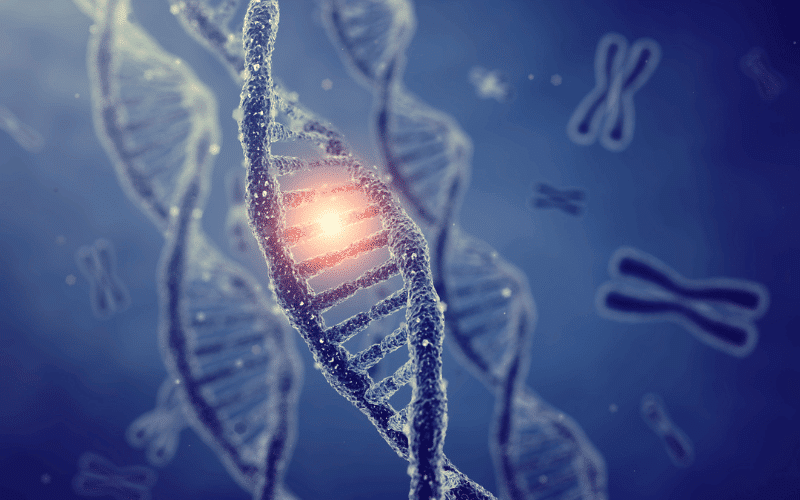Introduction: Unfolding the Mystery of PTEN Gene and its Impact
In the complicated maze of human genetics, the PTEN gene holds significant importance. This gene holds the responsibility of providing instructions for creating a protein that acts as a guard to cell growth and division, ensuring that cells don’t grow and multiply too fast or in an uncontrolled manner.
This process of regulation is crucial in maintaining the balance within our bodily functions, with PTEN playing a key role in ‘apoptosis’, a process also known as programmed cell death. This natural self-destruct mechanism is pivotal in controlling the number of cells in our bodies and eliminating any cells that pose harm or are in excess.
Like any other gene, PTEN is susceptible to changes, undergoing mutations that could change the course of its initial purpose. A mutation signifies a change in the DNA sequence of a gene, creating a different sequence than intended.
But what does this mutation mean for human health? How does it impact the body? To unfold these queries, we will explore 15 fascinating facts about PTEN gene mutations.
1. PTEN Gene Mutations: A Gateway to Cancer Development

Fact number one takes us to the interrelationship of the PTEN gene mutation and its significant role in cancer development. Acting as a ‘tumor suppressor gene’, PTEN regulates cell division by preventing cells from multiplying too quickly or in an unchecked manner. However, a mutation in this gene can result in the loss of this regulation, creating a pathway for uncontrolled cell growth and potential tumor development.
Mutation in the PTEN gene can lead to the impairment of its tumor-suppressing capabilities. This impairment can result in unregulated cell growth, leading to the formation of tumors. Various types of cancers, including breast, thyroid, and endometrial cancer, have been associated with this process, highlighting the considerable role of PTEN gene mutations in cancer development.
Research has suggested that individuals with PTEN gene mutation have an 80% likelihood of developing some form of cancer during their lifetime. This increased risk of cancer is arguably one of the most substantial consequences of PTEN gene mutations. Understanding this process requires a deeper exploration into the world of cellular biology and the mechanics of gene mutations. (1)